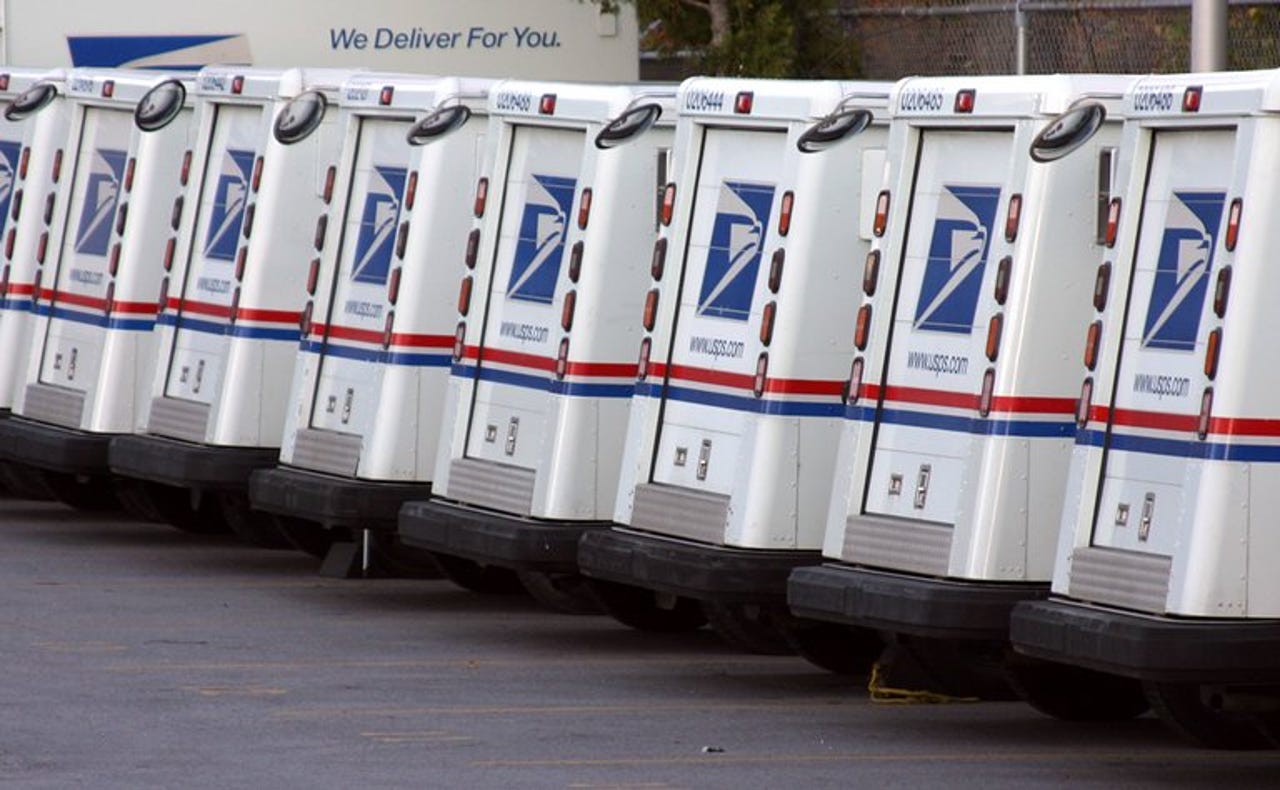Postmates, Amazon, Uber and the Drive Toward One-Hour Deliveries


When the Postmates delivery app launched in 2011, its couriers overwhelmingly were bringing food to customers' homes and offices. Now Postmates is partnering with an increasing number of retailers in order to diversify its one-hour delivery offerings and gain an edge against the likes of Amazon, as Digiday reports:
Online fashion retailer Revolve has partnered with the delivery app to quickly get its Coachella collection in the hands of consumers before they fly off to Indio, California, for the festival, which kicks off today. The company is promising its goods will arrive in under 60 minutes to shoppers in New York City, Dallas, San Francisco, L.A. and Orange County.
The collaboration with Revolve is part of Postmates' push to make retail a bigger part of its delivery business. When Postmates launched in 2011, food orders made up 99 percent of its delivery. Thanks to partnerships with retailers like Everlane and Revolve, food now accounts for 80 percent, while retail, health and beauty make up for 20 percent of Postmates' deliveries. It's planning to grow that percentage in 2016, as well as expand its reach from 40 markets to 100, and its delivery rate from 1 million per month to 10 million.
"To grow, we're making retail bigger and better," said [Postmates SVP of business and head of partnerships Holger] Luedorf, who added that when Postmates delivers retail items instantly in its branded packaging, it elevates the online shopping experience for retailers. He also believes that services like Postmates can put retailers in a position to compete with Amazon by offering that convenience.
The Need for Speed
While the near-instant gratification one-hour delivery provides may not be desired by every type of shopper, the need for such an option is on the rise:
"Amazon changed customer expectation on deliveries from five days to two," said Luedorf. "What's happening now is a shift from two-day to same day. The customer is demanding and seeking retail on demand."
Of course, Postmates is hardly the only company looking to provide rapid delivery of retail items. Amazon and Uber have both launched delivery services, that like Postmates, use a network of independent contractors for drivers. Amazon reportedly considered acquiring Postmates at one point, before deciding to create a competing service.
There should be room for other players as well, says Constellation Research VP and principal analyst Guy-Frederic Courtin. "The last-mile fulfillment issue is a differentiator and something consumers are going to increasingly ask for," he says. With more U.S. residents moving back to cities, the trend will only mount as urban areas become denser.
The trend presents an opportunity for the likes of the US Postal Service, which has long been struggling with a decline in traditional mail delivery. "They've got the trucks, the people and the infrastructure," Courtin says. "They're going to die if they don't do something."
Then there are startups such as Atlanta-based Kanga, which has a delivery app aimed at companies versus end-customers. Local businesses use the app to tap a network of drivers who can deliver a wide variety of items, from food to furniture, to their customers. Other "matchmaker" platforms could well emerge in coming months and years.
Read this
What will be interesting to watch is what measures these new providers put in place in the interest of customer satisfaction. "What about your brand?" Courtin says. "All of sudden, you're giving a product to someone that's delivering it to your customers. How do you ensure that person from Postmates is professional?"
While driver rating systems such as the one Uber uses are an obvious option, the fact remains that companies who outsource delivery to third parties give up some control over matters such as driver training.
Finally, there's the longer-term question of whether consumer expectations for ever-faster delivery butt up against the realities of delivering products to increasingly crowded urban areas in a timely manner. Don't forget: Domino's Pizza was famously forced to drop its 30-minute delivery guarantee after drivers got into too many accidents while speeding to their destinations.
CONSTELLATION INSIGHTS
This article is brought to you by Constellation Insights. Constellation Insights is an online news service published daily to advise members of the Insights community on the significance and implications of developments in enterprise technology.
Constellation Insights is crafted by leading analysts to go beyond merely reporting on news stories to provide detailed advice to community members on how to evaluate and respond to changes in enterprise technology. Learn more about Constellation Insights.